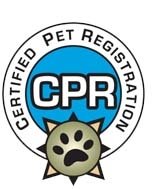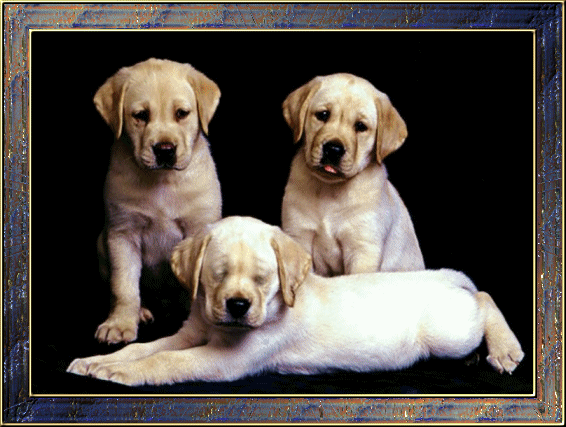BASSET HOUND Breed Standards
The recorded history of the Basset Hound dates all the way back to a 16th century French text about badger hunting. The Basset Hound was developed by the friars of the French Abbey of St. Hubert, who wanted to breed a dog that was similar to the Bloodhound but smaller and slower moving, allowing humans to follow it on foot. The term "Basset" is derivative from the French bas, meaning "low" or "dwarf." At the beginning of the 18th century, these dogs were extremely popular in France. Legend has it that Lafayette gave a pair of Basset Hounds to George Washington, making him the first man to introduce the breed to North America.
The Basset Hound was recognized by the English Kennel Club in 1882, and the English Basset Hound Club was formed in 1884. The American Kennel Club followed suit in 1885, accepting the Basset Hound as a breed. The Basset Hound Club of America was founded in 1935, and breed standard was created in 1964. In the US today, these dogs are primarily used for rabbit hunting, but will hunt and track just about anything. The breed’s ubiquitous appearances in books, magazines, movies and even as the mascot for Hush Puppies footwear is a tribute to their continued popularity and admiration
SKILLS: The Basset Hound possesses in marked degree those characteristics which equip it admirably to follow a trail over and through difficult terrain. It is a short-legged dog, heavier in bone, size considered, than any other breed of dog, and while its movement is deliberate, it is in no sense clumsy. In temperament it is mild, never sharp or timid. It is capable of great endurance in the field and is extreme in its devotion.
SIZE: The shoulder-height is 33-38cm (13 - 15in). They are heavy dogs for their size
COAT: Bassets have a dense smooth short-haired. The most usual color combination is brown, black, and white. Other colors include red and white but almost any hound-coloring is permissible.
CARE REQUIRED: There is little to the grooming of a Basset Hound. Remove dead and loose hairs when the dog is shedding with a rubber glove. Keep the ears clean by attending to them once a week, inside and out. Keep the claws short and when necessary clean the folds of skin. Do not give Bassets too many snacks as they have a tendency to become fat which is bad for them. Dogs with drooping eyelids should be given drops, prescribed by the veterinarian, occasionally. These dogs grow very rapidly when young and you must be sure they have a good nutritious and ample diet during this period.
CHARACTER: The Basset Hound has a mind of its own but is lovable, sociable, calm, playful, and patient. It enjoys companionship, has a sense of humor and a real personality which can be influenced positively by its handler. They have a very good scenting nose.
TRAINING: These dogs tend to be quite independent so don't expect them to jump to your command. A consistent approach with much patience can work wonders, though. Never wear out a young Basset by taking it on too long a walk. Young dogs need all their energy to develop a strong body
SOCIAL BEHAVIOR: These dogs make superb playmates for children and fortunately get along fine with their own kind and with other animals. They are friendly towards strangers but if they sense danger they will bark loudly. They do not like to be left alone. If you know that it will be necessary to leave your dog along quite often, get two Basset Hounds so they will have each other for company
EXERCISE: This breed does not require much exercise and will be quite content with three trots around the block each day provided they can also play in the yard. Make sure your yard is adequately fenced because these dogs love to explore.



